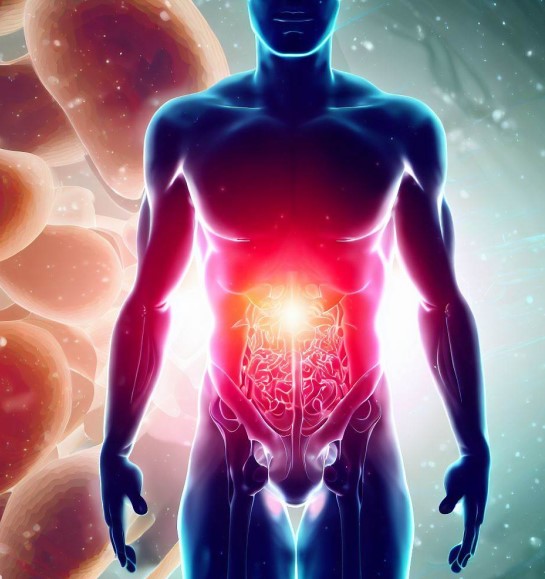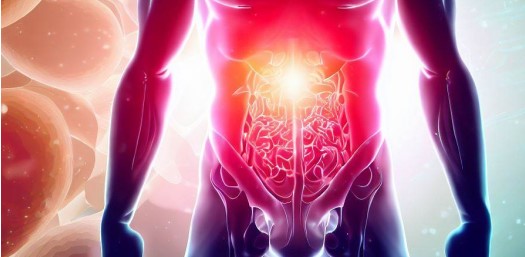Ketones promote mental clarity, improved cognitive function and potential neuroprotective effects.

(c)coping-skills.com
The Concept:
Ketones are organic compounds produced in the liver when the body doesn’t have enough glucose for energy and starts breaking down fats instead. They serve as an alternative fuel source for the brain and other organs during periods of low carbohydrate intake, such as fasting or following a ketogenic diet. Ketones provide a more stable and sustained energy supply, promoting mental clarity, improved cognitive function, and increased physical endurance. Moreover, they have been associated with various health benefits, including weight loss, reduced inflammation, enhanced insulin sensitivity, and potential neuroprotective effects.
The Benefits:
The idea that ketones can promote mental clarity and improve cognitive function is supported by various lines of research. Here are a few key points:
Enhanced Energy Supply: The brain’s preferred source of energy is glucose. However, during ketosis, when glucose availability is limited, the brain can efficiently utilize ketones as an alternative fuel source. Ketones provide a more stable and sustained energy supply to the brain, potentially improving cognitive function and focus.
Neuroprotective Effects: Ketones have been suggested to have neuroprotective properties. They may help protect neurons from oxidative stress, reduce inflammation, and enhance cellular energy production. These effects could contribute to maintaining brain health and potentially improving cognitive function.
Improved Mitochondrial Function: Mitochondria are the powerhouses of cells and play a crucial role in energy production. Ketones have been shown to enhance mitochondrial function and increase ATP (adenosine triphosphate) production, which is the primary energy currency of cells. Improved mitochondrial function can support optimal brain function.
Reduction in Brain Inflammation: Ketones have been associated with a decrease in brain inflammation, which is believed to contribute to cognitive decline. By reducing inflammation, ketones may help protect against neurodegenerative conditions and support overall brain health.
Ketones and Epilepsy: The therapeutic use of a ketogenic diet, which increases ketone production, has been effective in reducing seizures in some individuals with epilepsy. The improved seizure control observed in these cases suggests a positive impact on brain function and cognitive performance.
The Plan:
- Understand the Ketogenic Diet: Familiarize yourself with the principles of the ketogenic diet, which involves consuming high amounts of healthy fats, moderate protein, and minimal carbohydrates.
- Calculate Your Macronutrient Ratios: Determine your ideal macronutrient ratios to induce a state of ketosis, typically ranging from 70-80% fat, 15-25% protein, and 5-10% carbohydrates.
- Choose Healthy Fats: Include healthy sources of fats in your diet such as avocados, nuts, seeds, coconut oil, olive oil, and fatty fish like salmon.
- Limit Carbohydrates: Restrict your carbohydrate intake to around 20-50 grams per day, focusing on low-carb vegetables like leafy greens, cauliflower, broccoli, and zucchini.
- Moderate Protein Intake: Consume moderate amounts of protein from sources like eggs, poultry, fish, and grass-fed meats, maintaining an appropriate balance for your body’s needs.
- Incorporate MCT Oil: MCT (medium-chain triglyceride) oil is quickly converted into ketones by the body. Add MCT oil to your diet through sources like coconut oil or MCT oil supplements.
- Include Ketone-Rich Foods: Include foods that naturally increase ketone production, such as coconut products, full-fat dairy (if tolerated), and certain berries like blackberries and raspberries.
- Practice Intermittent Fasting: Incorporate intermittent fasting into your routine, such as fasting for 16 hours and consuming all meals within an 8-hour window, to support ketone production.
- Stay Hydrated: Drink plenty of water to maintain proper hydration, as it helps with ketone production and overall well-being.
- Monitor and Adjust: Regularly monitor your ketone levels using urine strips, blood tests, or breath analyzers, and make adjustments to your diet and lifestyle as needed to maintain ketosis.
Action:
Do
Difficulty:
Moderate
Speed:
Moderate
Other Compatible Coping Skills
How many stars would you award this coping skill?

